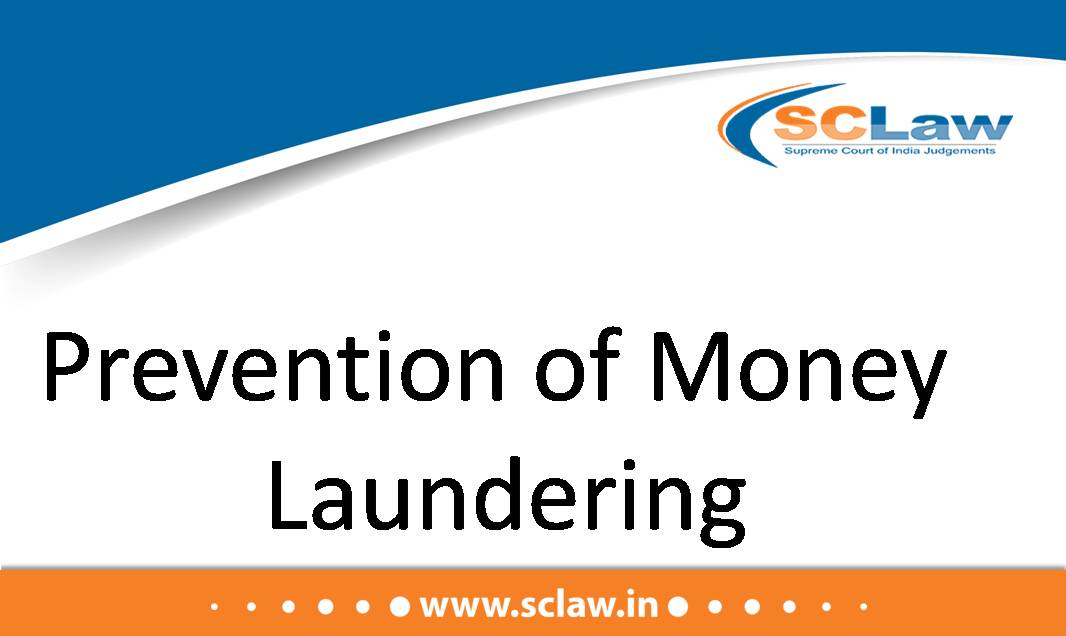Suit for Partition of jointly owned Property — Liability to render accounts — The court held that the defendant Nos. 3(a) and defendant Nos. 15 to 19 are liable to render accounts and contribute rent as assessed by the Trial Court during the course of passing the final decree for the portions in their respective possession The court clarified that being in self-occupation of a property does not absolve a co-sharer from rendering accounts — The defendant No. 3(a) who purchased the property from defendant No. 3 after it had already been vacated by a tenant, was held liable to contribute rent as determined by the Trial Court. Business carried out in the property — The court held that defendant Nos. 15 to 19, who admitted to carrying on their own business in the portion of the property in their possession, are liable to render accounts and contribute rent as determined by the Trial Court.
2024 INSC 552 SUPREME COURT OF INDIA DIVISION BENCH RAJINDER KAUR (DECEASED) THROUGH LEGAL HEIR USHA — Appellant Vs. GURBHAJAN KAUR (DECEASED) THROUGH LRS UPINDER KAUR AND OTHERS — Respondent…









